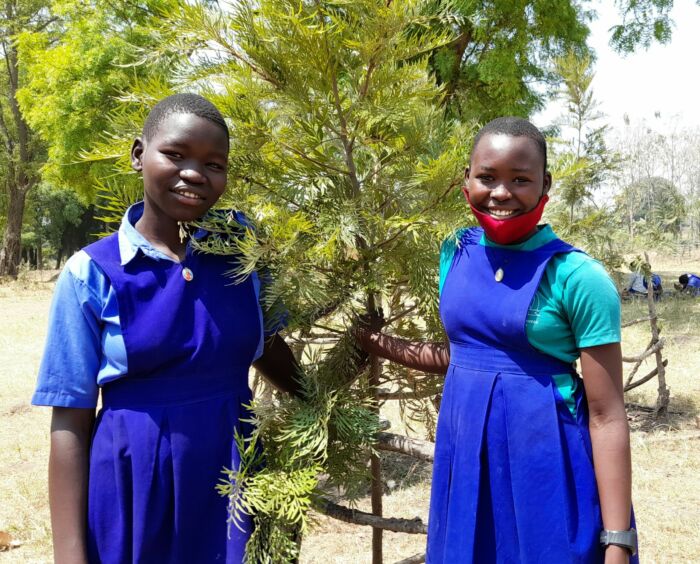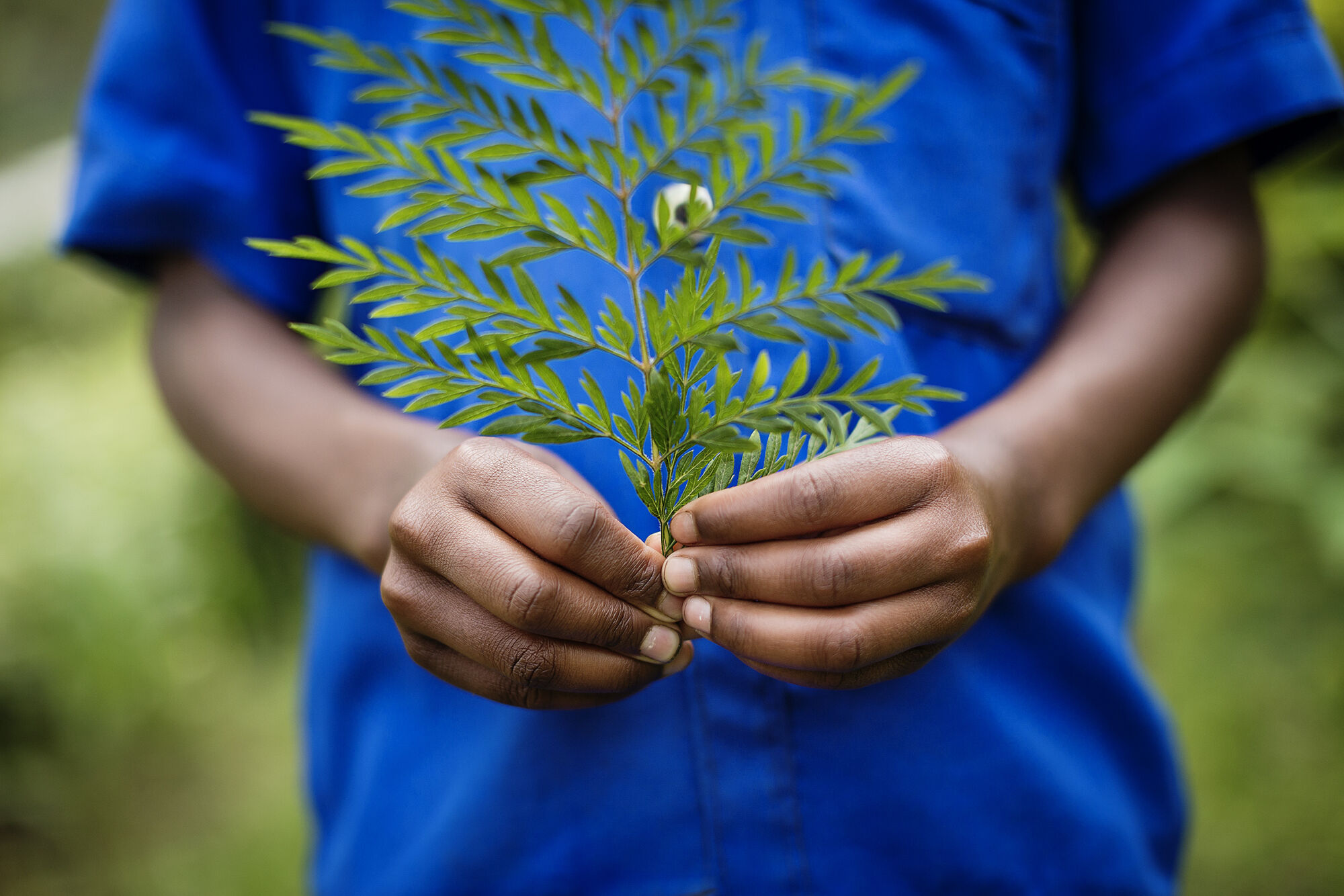The Green schools for better learning project makes use of the school surroundings to teach sustainable environmental behaviour to children. Primary and secondary school pupils learn useful skills for life, get a lush school compound, and make new friends along the way.
When a school starts an environmental club, it is open to all pupils. The children as well as their teachers learn why it is healthy to eat fruits and vegetables, and how to grow them. They learn how to harvest rain water, how to reduce, reuse and recycle waste, and how to start composting food leftovers into fertile soil. The environmental club members furthermore learn how to do environmental assessments of their own schools, how to engage in organisations in a democratic fashion, and how to teach environmentally friendly practices to their peers. Apart from getting their hands into the soil, the children learn through drama, singing, poetry, quizzes, competitions and other playful ways.
An important part of the project is forging friendships between children from refugee families and children from the host community. The 25 schools in the project are all located in the Moyo District, in the North Western part of Uganda. This part of Uganda has received large numbers of refugees, mainly from neighbouring South Sudan. Children from both refugee families and host community families go to the same public schools.
The Green schools for better learning project is implemented by Vi Agroforestry in partnership with the Moyo District Farmers Association (MADFA). The project seeks to increase the children’s life skills and environmental literacy, engage the children in sustainable management of the environment, empower them to share what they learn, and encourage peaceful co-existence in their communities.
The project has received funds from ‘Children of the World’ (Världens barn), a fundraising gala hosted annually in Sweden by Radiohjälpen. Radiohjälpen, is a self-governing foundation within the Swedish public service broadcasting group.

